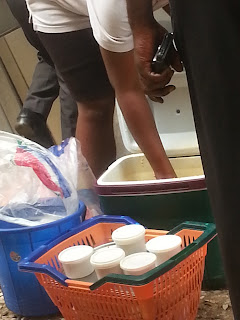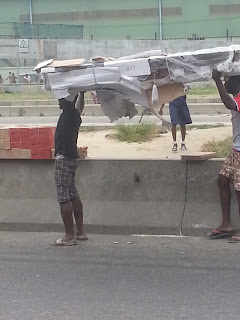Throwing Caution to the Wind

From Lagos to Enugu down to Kano and most major cities in Nigeria today we see so many risky behavior displayed by most road users which makes one wonder are these road users aware of the dangers of their action to their own life and the life of others, or are they simply ignorant of the risk involved in what they do, or they simply just don’t care.


